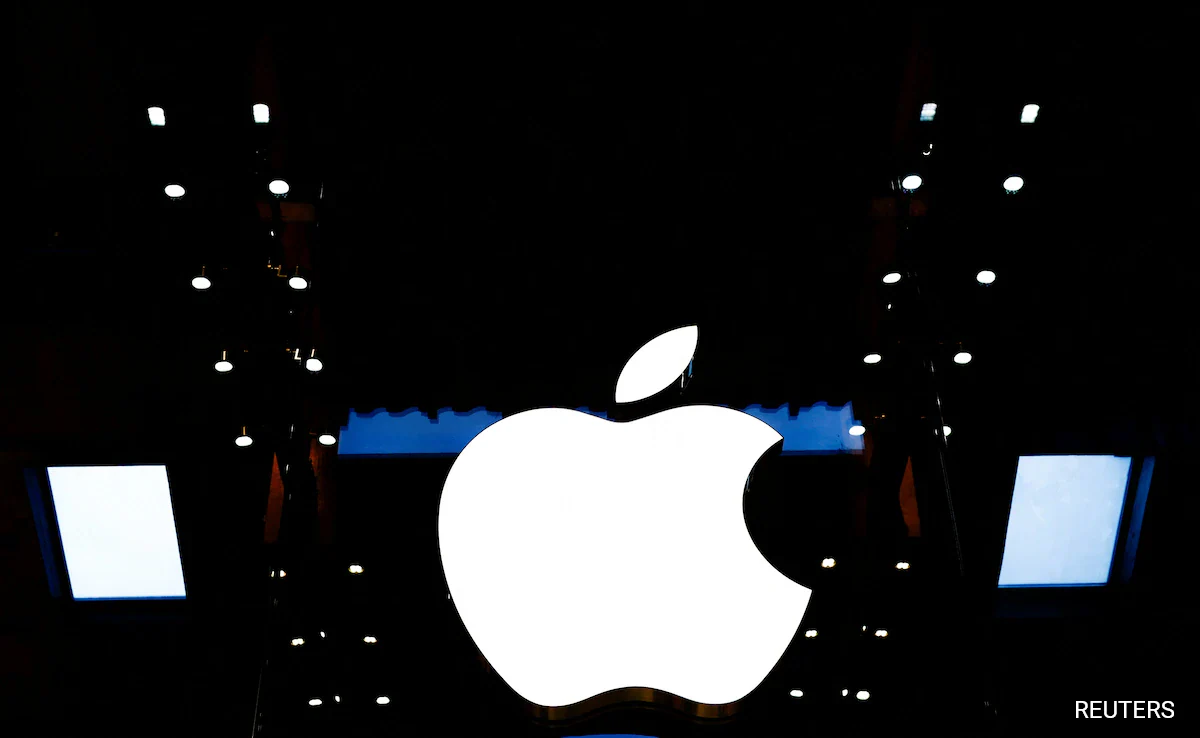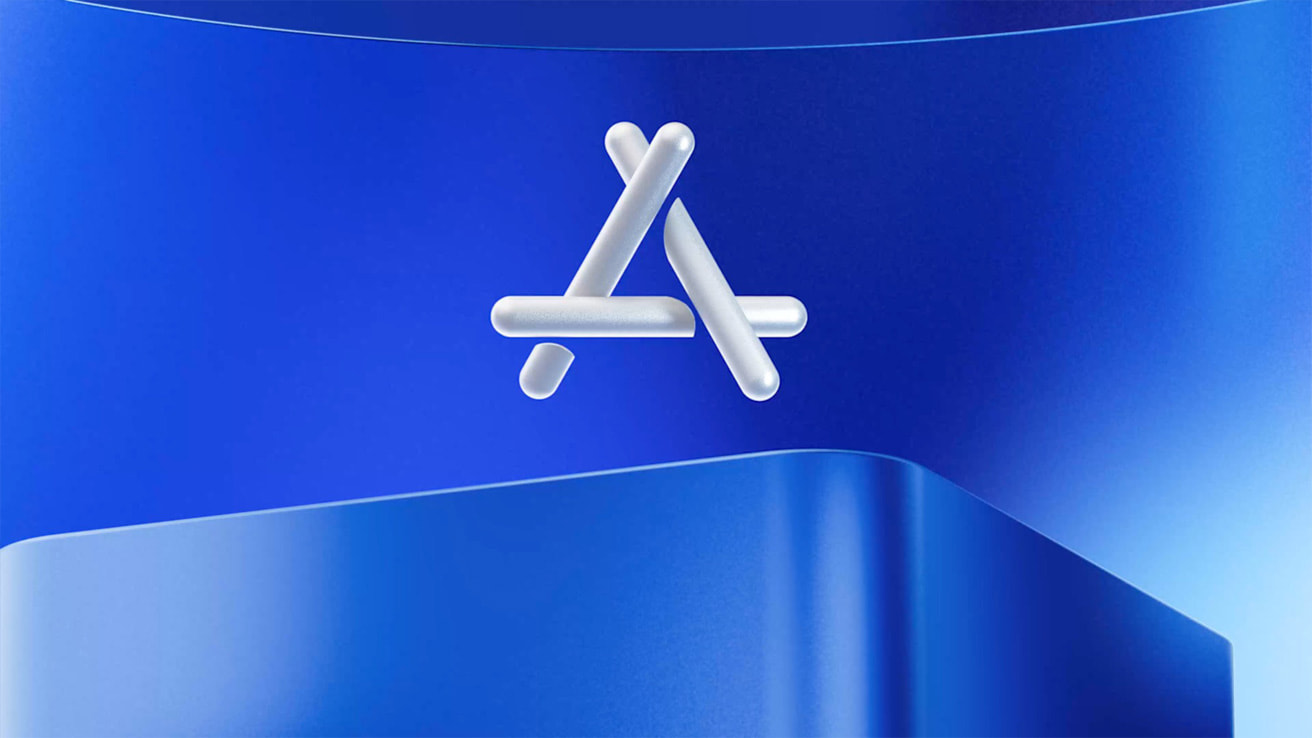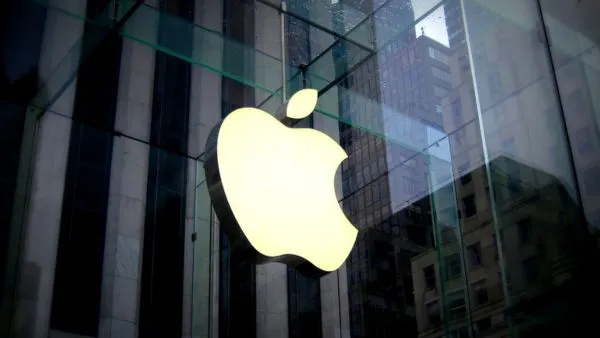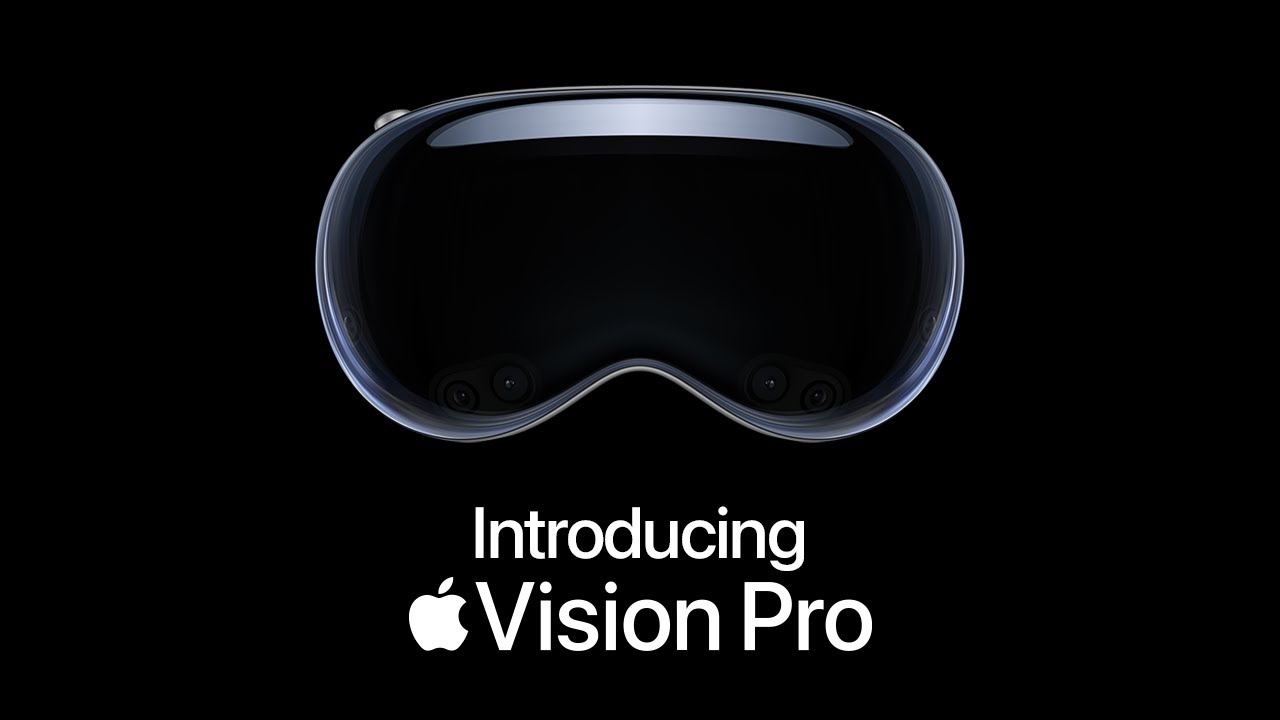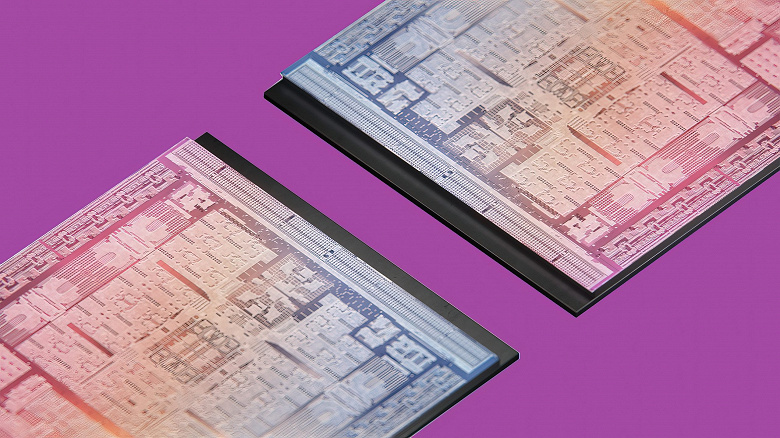On-ear Apple headphones can get touch controls that “keep the horizon”
Apple is expected to unveil brand new on-ear headphones this year that delivers superior audio quality. The company’s patent published today describes a couple of features that the new device may be able to boast. These are gesture control and tilt detection, which can work either separately or in tandem.

